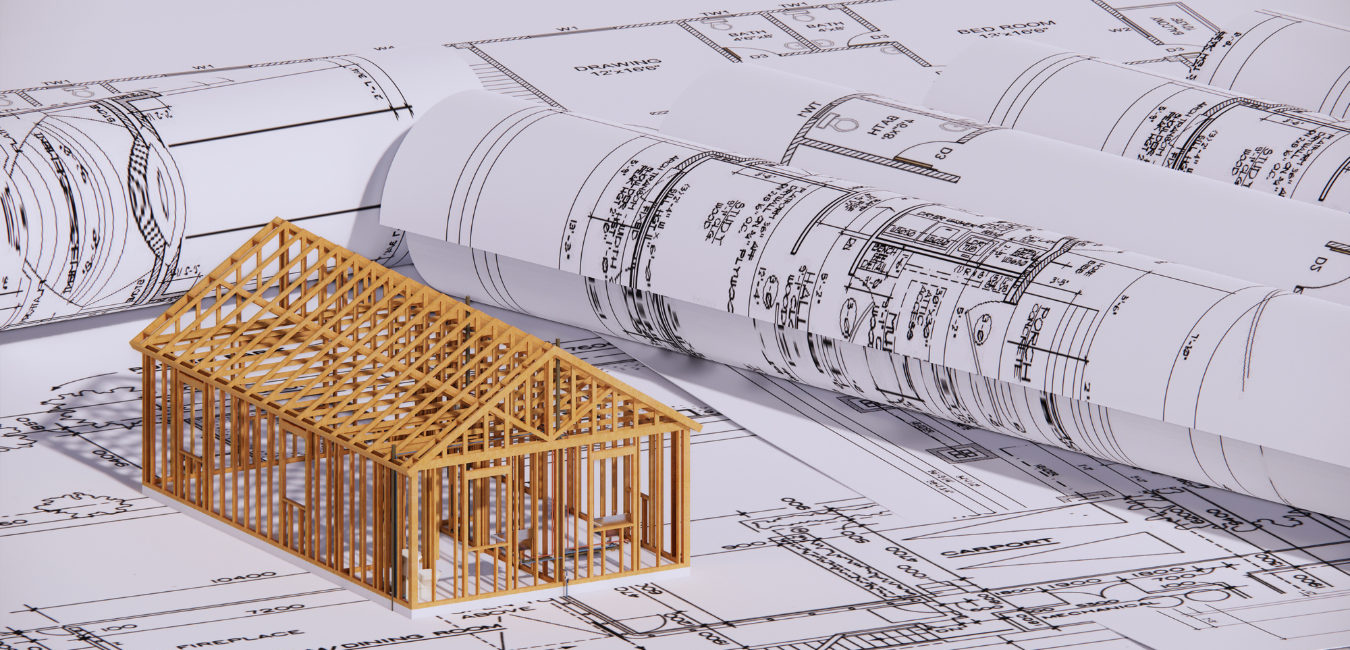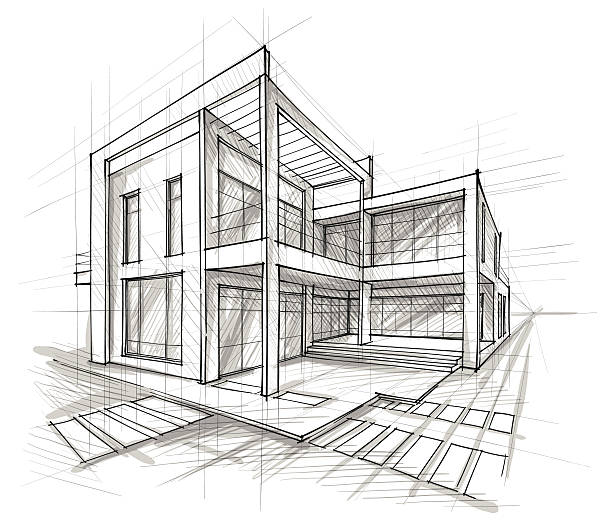The Important Function of an Architect in Forming Sustainable Urban Settings for Future Generations
The role of a designer in crafting sustainable metropolitan environments is progressively essential in reacting to the challenges of environment adjustment and urbanization. By flawlessly incorporating ecological principles right into their designs, designers not only enhance the visual and practical top quality of city areas yet likewise address pushing issues such as energy performance and social equity. Their proficiency in ingenious products and area involvement forms growths that reverberate with local values and aspirations. However, as we discover the intricacies of this area even more, it becomes evident that the future of metropolitan living might pivot on the actual methods architects use today.
Understanding Lasting Urban Layout
Sustainable metropolitan style incorporates eco-friendly concepts with city preparation to create settings that are not just livable however additionally resilient. This method highlights the importance of integrating all-natural systems right into the urban material, guaranteeing that development satisfies the requirements of the here and now without compromising the ability of future generations to satisfy their own demands. Crucial element of sustainable city layout consist of reliable land usage, the promotion of biodiversity, and the assimilation of eco-friendly areas, all of which add to improved high quality of life for citizens.
In addition, lasting urban layout prioritizes the reduction of the metropolitan heat island impact, improved air quality, and reliable stormwater administration. It urges the usage of renewable energies and energy-efficient building methods, which dramatically reduced carbon impacts. Additionally, sustainable urban design fosters social equity by developing accessible public areas and promoting mixed-use developments that accommodate diverse populations.
Via thoughtful planning and ingenious style approaches, sustainable urban settings can enhance community resilience against climate adjustment while promoting financial advancement. This holistic technique not just addresses prompt urban obstacles however also lays the foundation for much healthier, much more lasting cities for generations to come.
Secret Duties of Designers
Architects play a crucial duty fit lasting urban settings by translating design principles right into substantial structures and spaces. Their obligations encompass a variety of activities that add to the overall success of city design tasks.
Most importantly, architects perform extensive site evaluations to comprehend the environmental, social, and social context of their jobs. This fundamental knowledge informs their style choices, ensuring that structures harmonize with their environments. They additionally involve in joint procedures with stakeholders, consisting of city coordinators, engineers, and the area, promoting an inclusive approach to metropolitan growth.
Additionally, architects are tasked with developing styles that maximize energy performance, source conservation, and capability. They need to follow neighborhood zoning legislations, developing codes, and sustainability certifications, making certain compliance while pressing the boundaries of technology.
Additionally, engineers are in charge of taking care of the layout process, collaborating with different specialists throughout the building phase to make sure that the vision is realized precisely (cda architects). Eventually, their duty is not only regarding appearances; it is concerning developing durable, adaptive areas that enhance the lifestyle for present and future generations, laying the groundwork for sustainable urban living
Ingenious Products and Techniques

Additionally, improvements in modern technology have brought about the growth of high-performance materials, such as protected concrete types (ICFs) and photovoltaic glass, which contribute to energy preservation and harness renewable resource. Methods such as passive solar layout and green roofing systems even more exhibit how style can integrate with all-natural systems, decreasing dependence on fabricated cooling and heating.
In addition, the assimilation of wise materials, which adjust to ecological modifications, offers appealing methods for improving building performance. These products can reply to temperature variations or moisture degrees, optimizing comfort and sustainability.
Inevitably, the calculated choice over at this website and application of ingenious materials and strategies empower engineers to create urban rooms that are not only functional and cosmetically pleasing yet likewise resistant and environmentally liable, making sure a lasting future for generations to find. cda architects.
Neighborhood Involvement and Collaboration
The success of cutting-edge products and strategies in lasting urban style is substantially boosted by energetic neighborhood interaction and partnership. Architects should recognize that the built environment greatly impacts the lives of local citizens, making it imperative to entail them in the design process. Engaging the neighborhood cultivates a sense of possession and responsibility, guaranteeing that developments not only fulfill aesthetic and functional requirements yet likewise reflect the values and aspirations of those that populate them.

Effective community interaction additionally helps in focusing on social equity within metropolitan advancement. By considering the voices of marginalized populations, designers can create rooms that are inclusive and equitable. This way, community involvement and cooperation become indispensable to accomplishing absolutely sustainable city atmospheres that serve the needs of present and future generations.
Future Patterns in Lasting Style
An arising click emphasis on flexible reuse and circular economic situation principles is readied to redefine the landscape of lasting design. As cities come to grips with raising population thickness and ecological challenges, designers are progressively transforming to techniques that optimize existing structures instead than going after new builds. This approach not only protects social heritage but likewise dramatically decreases source usage and waste.
In addition, innovations in innovation are forming future fads in sustainable design. The assimilation of clever products and structure systems permits real-time power management, boosting effectiveness and lowering carbon footprints. Developments such as environment-friendly roof coverings, living walls, and energy-generating facades are coming to be typical techniques, better promoting environmental equilibrium within city atmospheres.
In addition, a shift in the direction of biophilic layout is gaining traction, stressing the connection in between nature and human wellness. By integrating natural elements, architects produce rooms that cultivate psychological wellness while promoting biodiversity.
Conclusion
To conclude, architects are crucial ahead of time sustainable metropolitan atmospheres through their experience in style, cutting-edge products, and neighborhood interaction. By prioritizing power performance and source preservation, these experts add to the creation of resistant metropolitan areas that fulfill the demands of existing and future generations. The assimilation of environmental concepts not only enhances livability however also fosters social equity, making sure advancements resonate with the values and ambitions of the communities they serve.
Comments on “The Creative Refine Behind Successful Tasks from CDA Architects”